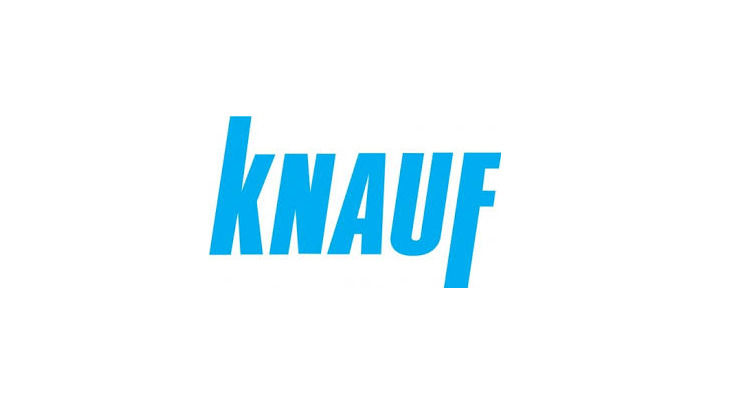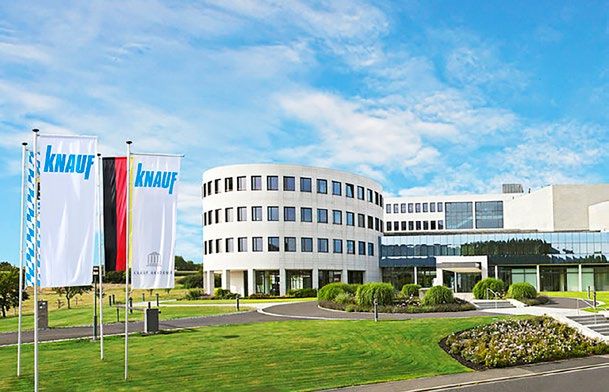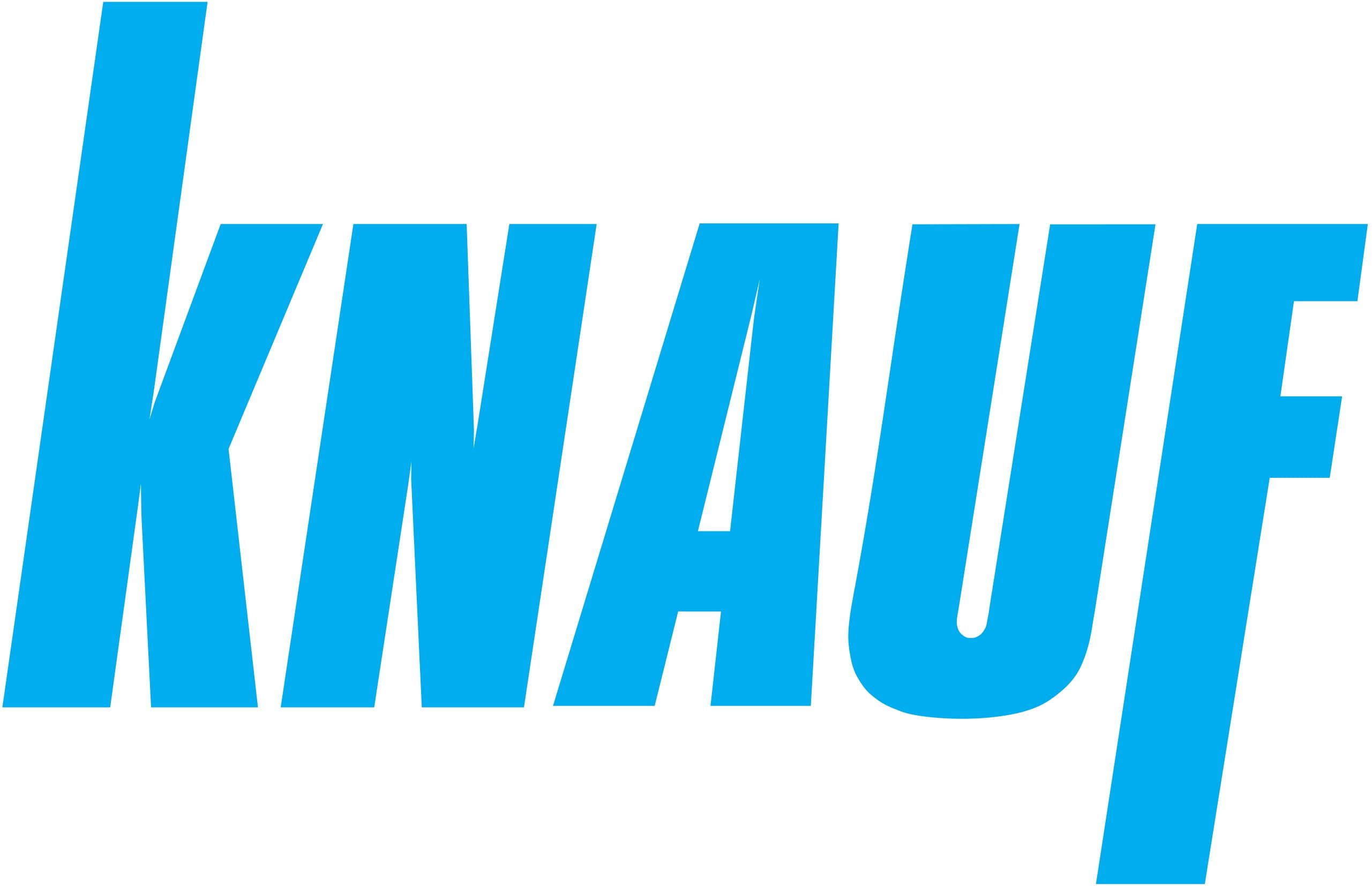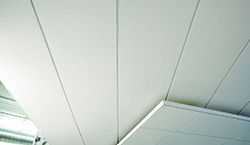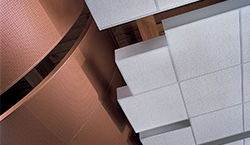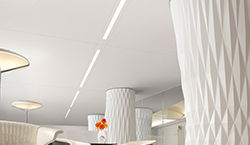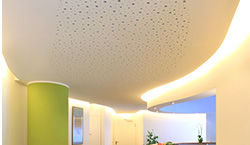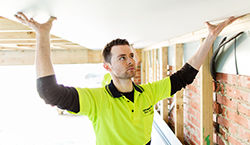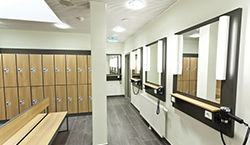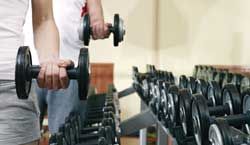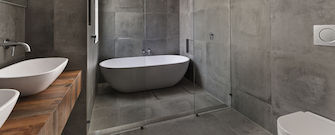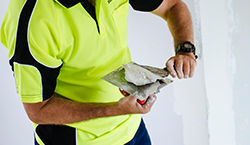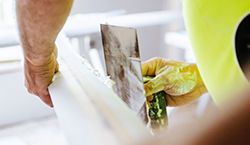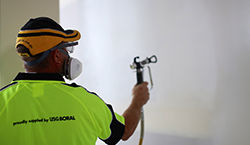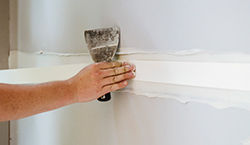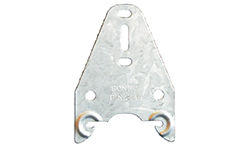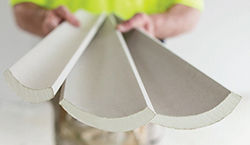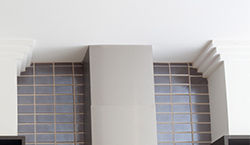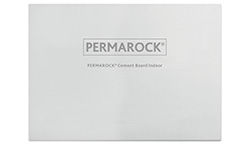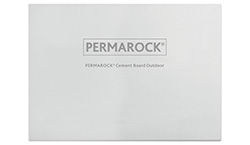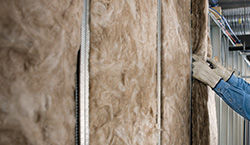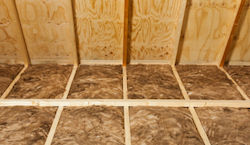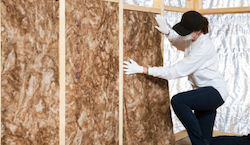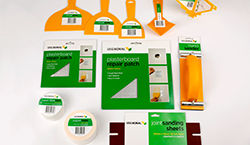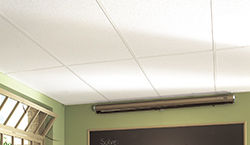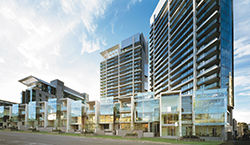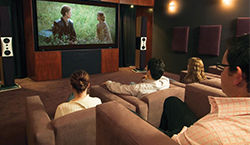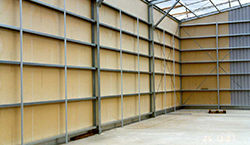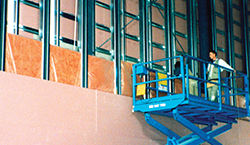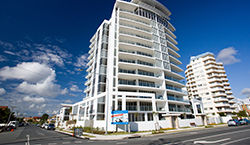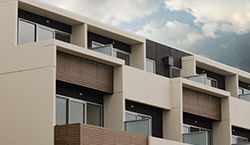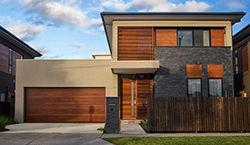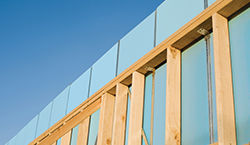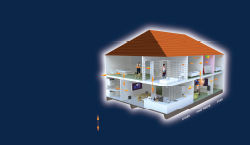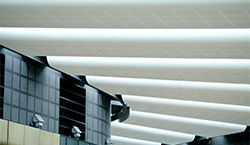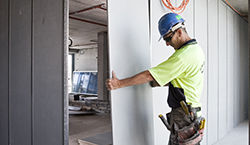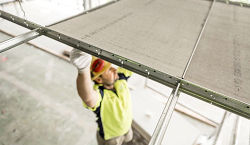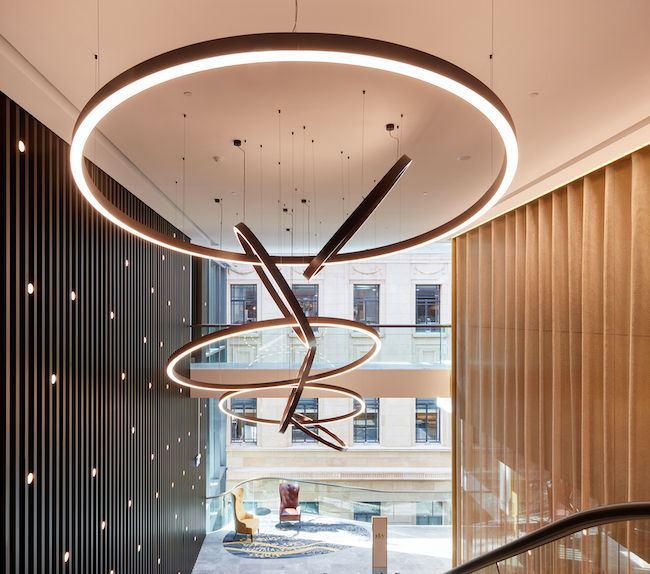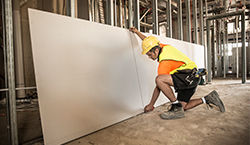-
AUSTRALIA, ENGLISH
- Contact
- Where to Buy
- Favourites
-
Looking for product documents?
Try our Document Finder
-
About Knauf
-
About Knauf
-
About Us
-
About Us
-
- Careers
- Code Of Conduct
- Supplier Information
-
-
Products
-
Products
-
Ceilings
-
Ceilings
- Acoustic Panels & Ceiling Tiles
ACOUSTIC PANELS & CEILING TILES
- Acoustic Suspension Systems
ACOUSTIC SUSPENSION SYSTEM
- Drywall Suspension Systems
DRYWALL SUSPENSION SYSTEM
- Stratopanel Ceiling System
STRATOPANEL® CEILING SYSTEM
-
-
Plasterboard
-
Plasterboard
- SHEETROCK® Plasterboard
SHEETROCK® Plasterboard
- Technical Boards
TECHNICAL Plasterboard
- Multi-Application Boards
Multi-Application Boards
- Water-Resistant Plasterboard
Water-Resistant Plasterboard
-
-
Finishes
-
Finishes
- Jointing Compounds
Jointing Compounds
- Speciality Plasters
Specialty Plasters
- Adhesives
Adhesives
- Primers
Primers
- Joint Tapes
Joint Tapes
-
-
Steel Framing
-
Steel Framing
- Rondo® Metal Components
Rondo® Metal Components
-
-
Cornice
-
Cornice
- SHEETROCK® Cove
SHEETROCK® Cove
- Decorative Cornice
Decorative Cornice
-
-
Cement Board
-
Cement Board
- Cement Board Indoor
Cement Board Indoor
- Cement Board Outdoor
Cement Board Outdoor
-
-
Insulation
-
Insulation
- Wall Batts
Wall Batts
- Ceiling Batts
Ceiling Batts
- Acoustic Range
Acoustic Range
- Ecose Technology
ECOSE® Technology
-
-
Plastering DIY
-
Plastering DIY
- DIY Cornice Adhesive
DIY Cornice Adhesive
- DIY Patching Plaster
DIY Patching Plaster
- Total Joint Finish
Total Joint Finish
- Stud Adhesive
Stud Adhesive
- Tools & Accessories
Tools & Accessories
-
-
-
Solutions
-
Solutions
-
Segment Solutions
-
Segment Solutions
- Wet Area Solutions for Architects
Wet Area Solutions
-
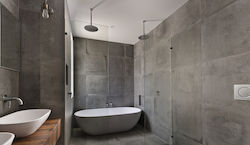
Wet Area Solutions
Water resistant plasterboard obtains its impressive water-resistant properties from a range of special ingredients added to the core of the board. Its moisture resistant core limits water wicking up the board causing damage to the board itself or the surface finish.
- Wet Area Solutions for Trade
Wet Area Solutions
-

Wet Area Solutions
Water resistant plasterboard obtains its impressive water-resistant properties from a range of special ingredients added to the core of the board. Its moisture resistant core limits water wicking up the board causing damage to the board itself or the surface finish.
- Health Care
Health Care
- Education
Education
- Bushfire Protection
Bushfire Protection
- Multi-Residential
Multi-Residential
-
-
Plasterboard Systems
-
Plasterboard Systems
- Systems+
Systems+
- CinemaZone® System
CinemaZone®
- Fireclad® System
Fireclad® Fire-rated External Wall System
- Firewall® System
Firewall® System
- IntRwall® System
IntRwall® System
- Multiframe™ System
Multiframe™ System
- NeighbourZone™ System
NeighbourZone™ System
- OutRwall® System
OutRwall® System
- Partiwall® System
Partiwall® Separating Wall System
- Quiet Living™ System
Quiet Living™ System
- Cross Laminated Timber Systems
-
-
Science
-
Science
- Acoustics
Acoustics
- Fire Performance
Fire Performance
- Seismic
Seismic
-
-
-
Inspiration
-
Inspiration
-
For Architects / Designers
-
For Architects / Designers
-
Knauf for Architects / Designers
We believe we can change the way buildings are designed, built and occupied by delivering innovations that help you work smarter, do more and build better.
-
-
For Builders / Installers
-
For Builders / Installers
-
Knauf for Builders / Installers
Proudly Supporting those who Build, every step of the way.
-
-
For Homeowners
-
For Homeowners
-
Knauf for Homeowners
Our plastering products, tools & accessories are designed for the home renovator/builder making minor alterations or repairs to plasterboard walls & ceilings.
-
-
-
Resources & Tools
-
Resources & Tools
-
Acoustic Ceilings e-Estimator
-
Acoustic Ceilings e-Estimator
-
- Plasterboard Installation Manual
- eSelector
- BIM WIZARD
- Partiwall Estimator
-
Systems+ Plasterboard Systems Guide
-
Systems+ Plasterboard Systems Guide
- FEATURES
- TRY IT FOR YOURSELF!
-
See All
-
- Document Finder
-
TecASSIST
-
TecASSIST™ - Knauf
-
-
CAD Finder
-
CAD Finder
-
-
Knauf Warranty
-
Knauf Warranty
- Knauf Warranty
-
See All
-
-
-
What's New
-
What's New
- News And Promotions
- Press
-
AUSTRALIA, ENGLISH
- Contact
- Where to Buy
- Favourites
- My Downloads
-
User Profile
User Profile
- Manage Profile
- Logout
-
Looking for product documents?
Try our Document Finder
SUWg4HBaYP13VYhuSncYIghttps://myaccount.knaufapac.com -

A New Dawn - Q&A with Knauf Australia Sustainability Manager, Ben Francis
This article was first published on Architecture & Design
A plasterer by trade and environmental scientist by training, Knauf Gypsum’s new Sustainability Manager for Australia is undoubtedly the man for the job. Here, Ben Francis tells us about his first few months in the role, and explains why his appointment marks the beginning of a new era for Knauf.
While some organisations don’t even have a clear sustainability agenda, Knauf Gypsum has its own Sustainability Manager. It’s a new role – does it signify a shift in Knauf’s wider sustainability agenda?
Yes, that’s true – many companies talk about sustainability but don’t do much about it, so it’s great to be a part of an organisation that resources its sustainability efforts properly. It’s less common than you would think! Knauf committed to a sustainability push back in 2021, and as of this year, most of the 90 countries we operate in has a dedicated Sustainability Manager. I am the dedicated Sustainability Manager for Knauf Gypsum Australia.
The central office in Germany has had a sustainability team for a while, and they had been working out how they would orchestrate the global sustainability push. They decided that they would need a dedicated resource in each country to really guide the sustainability initiatives, and because every country is slightly different when it comes to legislation and available funding, Knauf needed someone in each country to help with that.
What has been your main focus since starting the job?
I have been in the role for three months now, and my first priority was to put together a roadmap, which is essentially a timeline of how we're going to go about achieving our sustainability commitments – whether that's sustainability projects involving capital expenditure or some operational changes. I have been putting together a roadmap for each of our three plants in Australia – Brisbane, Sydney and Port Melbourne – to ensure they meet the targets that Knauf has set, and help provide information to the central office so they know how to resource their sustainability goals globally.
Staff education has also been an important part of my job, and that’s everyone from the Managing Director of Australia to the new trainees. Ensuring that everyone is aware and engaged with the notion of sustainability has been a big part of Knauf’s sustainability initiative. Lastly, I have been starting to implement some of the key sustainability projects, like identifying how we can reduce energy and water consumption, for instance. These initiatives will go on to the roadmap I spoke about, but some of them are quick wins, that we can get moving on straight away.
Has passion for sustainability always guided your career path?
My background actually is quite unique in terms of coming into this industry. Right after school, I did a trade as a plasterer, and then worked for my father, who owns a transport company specialising in last mile logistics for plasterboard. So I was very familiar with the product early on in my career.
Then, in 2013, I went on to do an Environmental Science degree and in the lead up to my role at Knauf I spent a decade working in civil construction as an Environment and Sustainability Manager. In that time, I also completed a PhD in Natural Resource Economics, and worked in academia as the Programme Coordinator for the Bachelor of Environmental Management at the University of the Sunshine Coast.
So I think you could definitely say that everything I've done has led me to this role at Knauf. I started by working with the product then specialised in and taught sustainability – and now I'm back piecing it all together, which is really exciting.
And what does sustainability mean to you?
For me, it's about meeting our needs today without compromising the needs of future generations. And that has really hit home for me more recently, because I have two young children and so leaving things in a decent enough state for them to go and do what they want to do in the future has become even more important.
I think it's also important for people to remember that sustainability is not only about the environment. It’s a crucial part of it, of course, but classically sustainability was a triple bottom line approach – a balance between society, environment and economy. That gets missed a lot of the time. If you look at – let’s say – the UN Sustainable Development Goals, four are centred around the environment, four around economics, and nine around society.
And does Knauf strike the right balance? What are the company’s current priorities from a sustainability point of view?
Back in 2021 Knauf made the commitment to the sustainable push I mentioned earlier, and sustainability has become one of the company’s must-win battles. This is really important because we think that sustainability should be embedded into everything we do, including product development. As a result, a lot of our focus has been on innovation and researching different manufacturing practices and solutions.
In terms of our priorities, we're looking to cut both energy and water consumption in our manufacturing process, and become as efficient as possible with some operational changes and some measures that we can put in place right away. From there, we want to switch to renewables where we can and advance innovation for sustainable products and processes. We realise that this area is moving quite rapidly, and all the technologies are not necessarily there yet. So if we want to meet our targets, we're going to need to innovate – whether that's innovating internally or looking to other industries to see what they're doing, to bring those processes and products onboard to our company.
We are also looking to become a leader in the circular economy. We're quite lucky in that our product is almost fully recyclable – you can rehydrate it and it essentially turns back to natural gypsum. So if we've got waste, we can rehydrate it and put it back through the system, or repurpose it for another industry.
And what are your scope one, two and three emission targets?
By 2032, we're looking for 50% reduction in scope one and two emissions and 30% reduction in scope three emissions compared to the 2021 baseline. That's in absolute values, which means they’re not calculated against production increase or decrease. We're also looking for zero waste-to-landfill and zero Red Listed chemicals by 2032, as well as – ultimately – net zero scope one, two and three by 2045.
Why 2032, and not 2035?
While many companies are going for 2035, we are working towards 2023 because it’s Knauf’s 100 anniversary. Aligning these targets with such a monumental jubilee highlights how aligned this sustainability push is with the values of the company, both as a family business and a market leader on a global scale.

